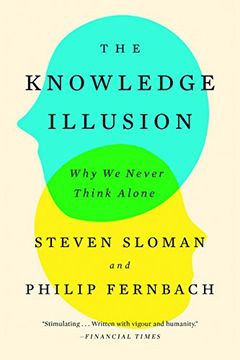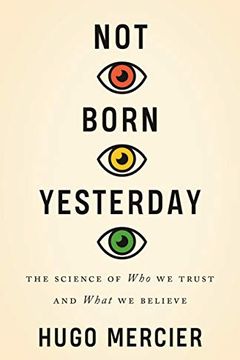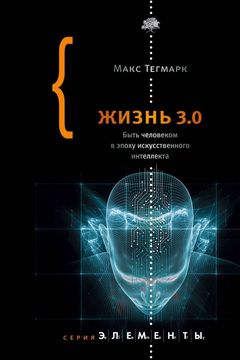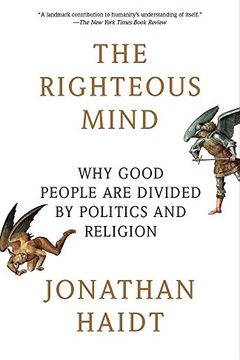5 книг в списке
Сортировать по
Сначала последние рекомендации
Макет
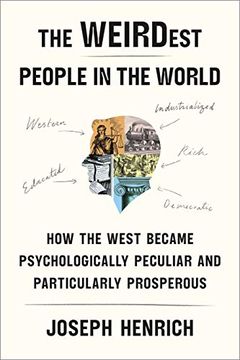
The WEIRDest People in the World
How the West Became Psychologically Peculiar and Particularly Prosperous
Explore the origins and evolution of the Western mind and its impact on the world in The WEIRDest People in the World. By delving into global psychological diversity, Harvard professor Joseph Henrich illuminates the cultural transformations that led to highly individualistic, nonconformist societies like ours. Drawing on research in anthropology, psychology, economics, and evolutionary biology, Henrich maps the shifts in family structures, marriage, and religion that laid the foundation for the modern world. This highly engaging and provocative investigation reveals the fascinating interplay between culture, institutions, and psychology that shapes human history.
Gary King
2021-03-02T00:44:45.000ZDiscover the secrets of human intelligence in The Knowledge Illusion. Cognitive scientists Steven Sloman and Philip Fernbach delve into the idea that our brilliance lies not in our individual knowledge, but in the wealth of information and expertise in the community we live in. They make the case that our ignorance is not a hindrance, but our ability to draw on each other's knowledge is what leads to progress. Explore how we achieve so much despite not understanding so little, and how we can harness the power of collective intelligence to achieve even more.
Gary King
2021-03-02T00:44:45.000ZDiscover how we decide who we can trust and what we should believe in Not Born Yesterday. In this intriguing book, Hugo Mercier uses findings from political science and psychology to debunk the myth of widespread gullibility. He shows that we are equipped with sophisticated cognitive mechanisms that enable us to filter out harmful beliefs and change our minds when presented with evidence. Even when we fail, it's more likely a blip in our cognitive mechanisms than a symptom of general gullibility. Not Born Yesterday explains how we can filter the flow of information around us even more effectively.
Gary King
2020-10-19T01:43:42.000ZРекомендовано
Paul BloomРассуждения об искусственном интеллекте и его эре, которая вот-вот наступит, Тегмарк начинает с освещения вопроса, что вообще такое интеллект и какую роль сыграл он в истории развития нашей цивилизации. Мы, представители жизни 2.0, в отличие от амеб, не только существуем, но и можем получать знания и использовать богатый опыт для того, чтобы задавать себе свой собственный алгоритм, иными словами, мы сами программируем и контролируем свое поведение, программу своих действий. Жизнь 3.0, в отличие от нас, сможет менять собственное строение, не дожидаясь, пока это сделают тысячелетия эволюции. Должны ли мы определить цели для искусственного интеллекта? И если да, то какие именно цели это должны быть? И кому доверить эту задачу? Сможем ли мы убедиться, что эти цели сохранятся даже при дальнейшем развитии искусственного интеллекта? Сможем ли мы изменить цели, если AI станет умнее нас? И, в конце концов, главным становится вопрос: а какие наши собственные основные цели?
Макс Тегмарк говорит о трех основных этапах развития жизни на нашей планете. Жизнь 1.0, простоя биологическая жизнь свойственная, например, бактериям. Жизнь 2.0, или культурная жизнь, подразумевает получение знаний и опыта, с последующим использованием этих знаний для определения своего поведения. Жизнь 3.0, которая пока еще не появилась на Земле, будет иметь одно важное отличие от Жизни 2.0 - она сможет быстро и радикально менять собственное строение, не дожидаясь, пока оно изменится эволюционным путем через ряд поколений. Многие эксперты уверены, что эта новая форма жизни появится уже в нашем столетии. Как это произойдет, какой эта новая форма будет, что даст человечеству и как изменится наша жизнь, если в ней будет присутствовать искусственный разум. А главное, стоит ли нам этого опасаться. На эти вопросы, приводя разнообразные факты и моделируя различные пути развития ближайшего будущего, и отвечает эта книга.
Gary King
2017-10-23T02:16:05.000ZExplore the roots of moral judgments and human cooperation in this groundbreaking book. Social psychologist Jonathan Haidt challenges conventional thinking about morality, politics, and religion, showing how gut feelings, not reason, drive our moral beliefs. Discover why liberals, conservatives, and libertarians have such different intuitions about right and wrong, and why each side is right about significant issues. The Righteous Mind is a must-read for anyone looking to trade in anger for understanding and gain a deeper insight into our eternal divisions and conflicts.
Gary King
2016-05-29T22:10:05.000Z